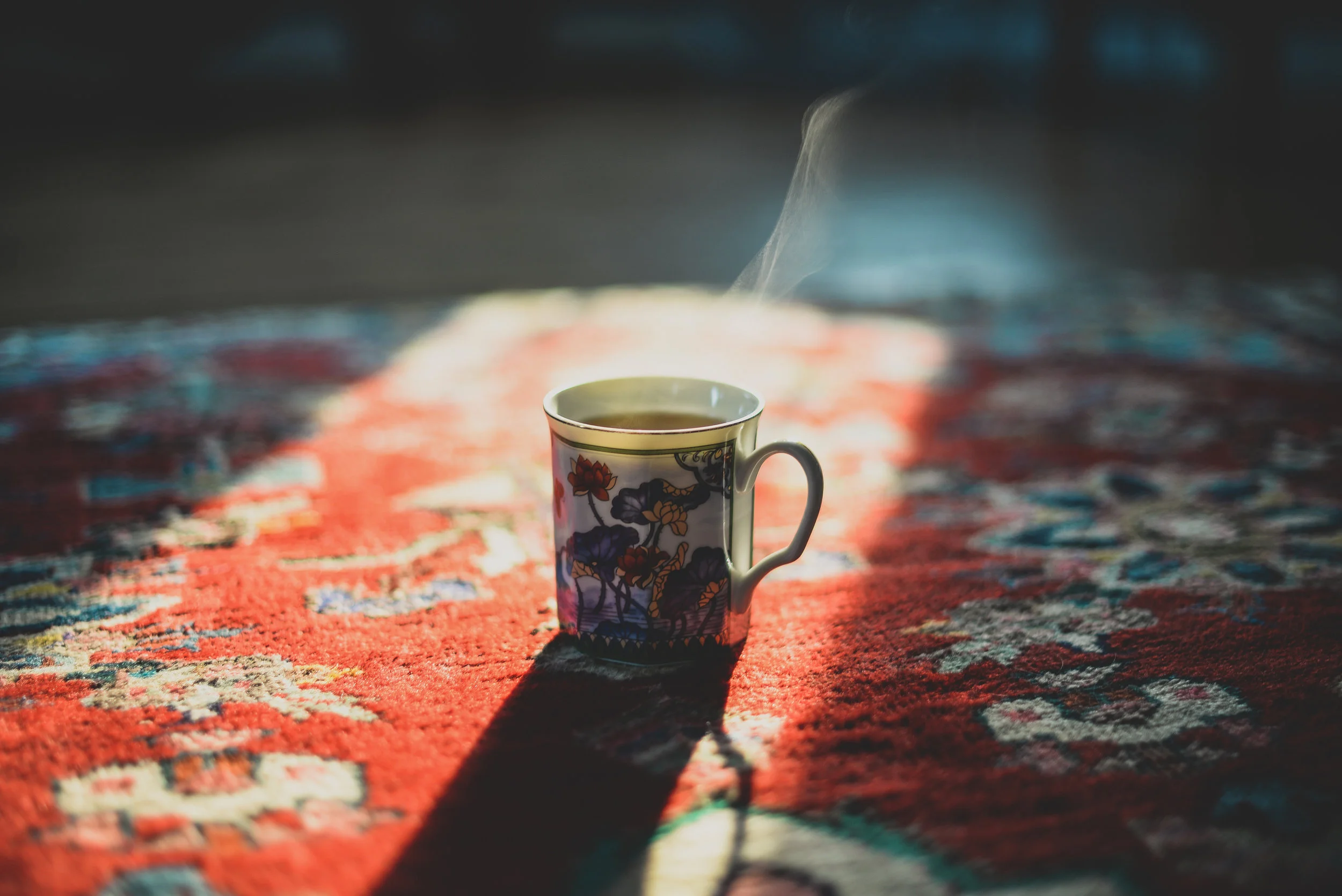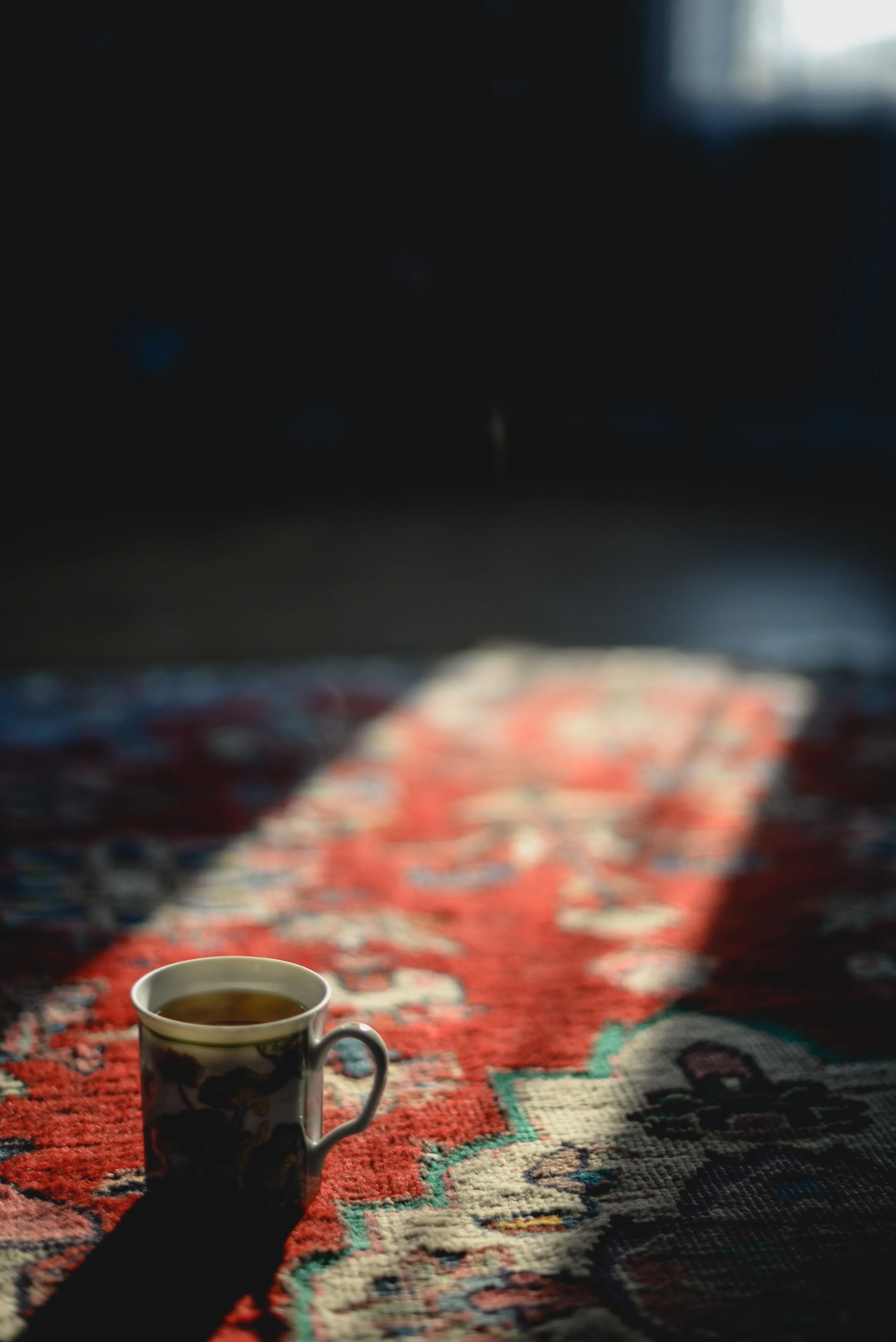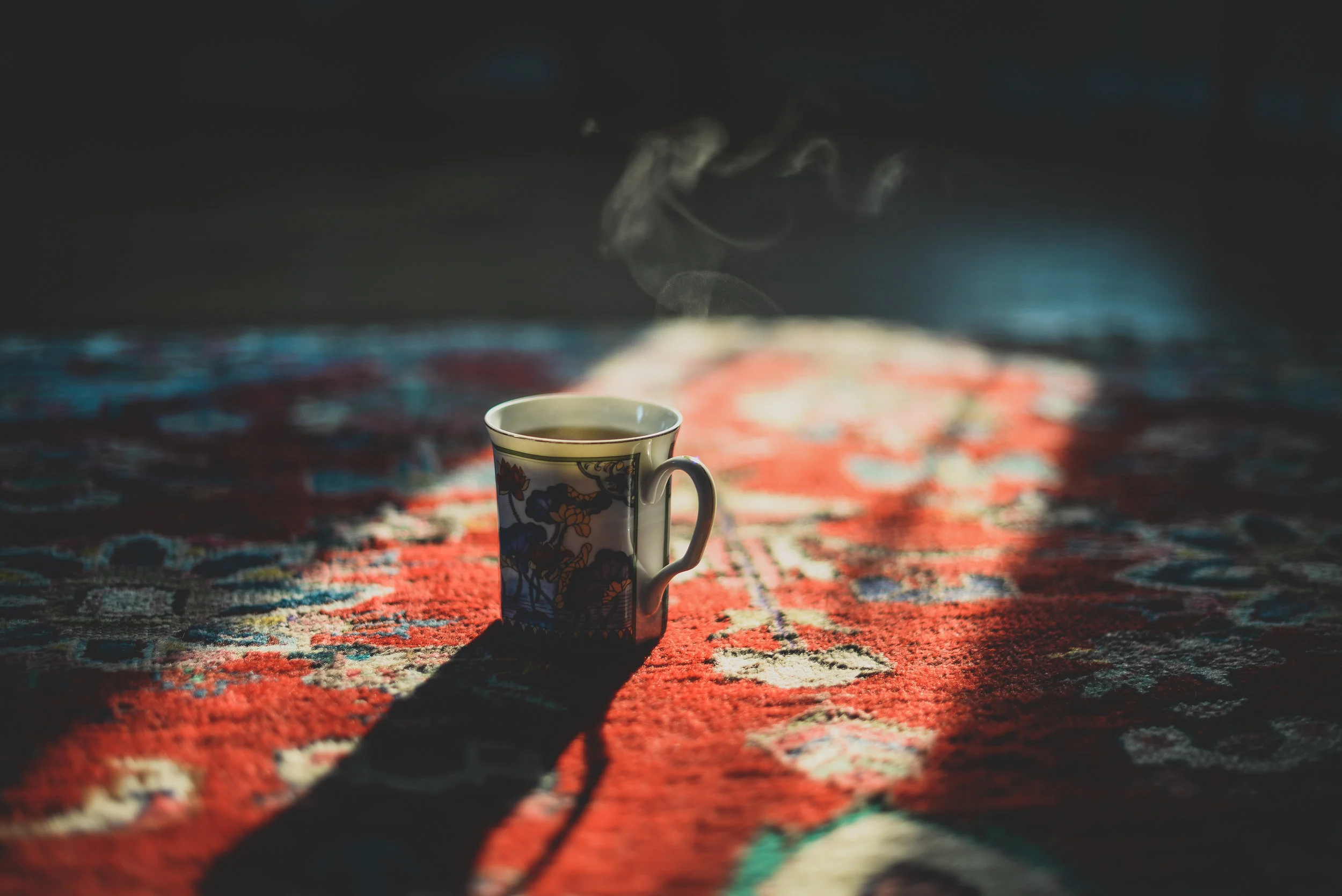Silence, Solitude, Stillness
When I was away taking our daughter to college at the beginning of this month, I packed a few books for the down time I knew I'd have. One of them was Solitude: A Singular Life in a Crowded World, and I ended up reading this on the airplane on the way home. I liked the book very much, though I spent most of my time reading it wishing it was less about those things, those technologies, that keep us from solitude, and more about solitude itself. At the end of the book, though, the author, Michael Harris, describes a week he spent off the grid on Pender Island. I enjoyed this section, partly because I'd spend part of each day alone in my hotel room – realizing how rarely I'm really alone. When I have a day off from the library, I'm home, but Rob is in his basement studio painting, the dog is wanting in and out and is very much a presence. In a Globe and Mail interview, Harris is asked what it was like at the end of his week on Pender. He replies:
"I was definitely ready to come back. I think testing myself in that way gave me faith in my own faculties. It gave me the ability to every day say, "I don't actually need to pick up my phone for the first two hours after I wake up. The world doesn't fall apart." But that's not something a week in the woods gives you automatically. That's a practice, a habit you have to develop every day. In the same way, I don't really believe that a seven-day fast is going to fix all your health issues. These things are usually better dealt with through small daily changes."
As I was reading the Harris book, which I'm glad to have read, I was thinking of Pico Iyer's The Art of Stillness, mainly because of his description of reading on an airplane. He describes a seat mate's behaviour on a transatlantic flight. "As she settled into her seat, she exchanged a few friendly words and then proceeded to sit in silence, doing nothing, for the next twelve hours." She used the time to decompress from her social work job, and to clear her mind, so that she could really enjoy her holiday. So there was no channel flipping, no music, not even a book, just sitting quietly.
For me, sitting and reading a book for four hours on a plane, and thinking about it, is some kind of miracle, and I think is its own kind of stillness.
I also thought about how I wished the book was something else, more a way into solitude, or an inner quiet. And then I thought about how it's quite unfair of a reader to be judging a book on what she wants it to be, rather than on what the author intended. So I read it trying to keep that in mind.
When I got home I took a book off my shelf that I'd not opened in ages. Fifty Days of Solitude by Doris Grumbach sits on the shelf by my May Sarton books, and by another by Grumbach: The Presence of Absence. The latter has an epigraph which I'd obviously read at some point, but which gave pause:
"The truth is that every sheet of blank paper by its very emptiness affirms that nothing is as beautiful as what does not exist. In the magic mirror of its white expanse the soul beholds the setting where signs and lines will bring forth miracles. This presence of absence both spurs on and, at the same time, paralyzes the pen's commitment. There is in all beauty an absolute that forbids our touching it – it sends forth something sacred that gives pause and strikes the man about to act with doubt and awe."
– Paul Valéry
This book has as the subtitle, On Prayers and Epiphany, and so Grumbach refers to writers and philosophers and poets such as Simone Weil, Thomas Merton, Rumi. The last lines are from the Talmud: "Look ahead. You are not expected to complete the task. Neither are you permitted to lay it down." In the noise of the digital world, this crowded space, it's easy to set things down, it's far too easy to get mired in the digital fog.
(I wondered if this was maybe even where I'd first come across references to Weil and Merton. The book was first published in 1998, so it's possible. At the very least they'd have been newish to me).
“Look ahead.
You are not expected to complete the task.
Neither are you permitted to lay it down”
Fifty Days was written first, in 1994. And it's interesting to think about the fifty days in comparison to Harris's one week on Pender. I'm not sure if I'd do well with seven days of solitude, frankly, let alone fifty! Not without Rob in the basement and the dog on the rug, which I don't suppose really counts?
So yes, fifty days. Grumbach is interrupted when well-meaning friends send her, by mail, a long obituary of a friend and writer, who has passed away at the age of ninety. And of course this upsets and disconcerts. But otherwise, she spends her days building a fire for her cold winter room, writing, listening to music, and reading. She has a radio, and a computer to type on, but these are days well before social media. She leaves a gruff and off-putting message on her answering machine, and endeavours to speak as little as possible. She goes to a church service once a week, but arrives late, and jumps up abruptly as soon as it's over, not speaking to a soul.
What's strange is that Harris's feat seems so much larger – because he's so connected, we all are (most of us), to social media, texting, emails, news sites.
I could really relate to what he says in the following lines from the book:
"As I spoke with experts about the insidious ways that new technologies teach us to fear our solitude, I realized I was bored by all this running from myself; I also realized I was getting angry. Angry because part of my life had been stolen from me. So I set myself looking for those lost pieces of solitude in every corner of my world. The pieces were waiting on subway rides, in sleepy mornings, on simple walks to the grocery store. Moments of solitude started showing up everywhere, as though a bag of jewels had been ripped open and it had all tumbled into tall grasses."
It might be true that there's no going back to a pre-technology mode, but I think our lives are improved when we're mindful of the insidiousness of technology, and when we consciously seek out solitude. I love his image of the moments of solitude like jewels, and I can imagine stringing them on a necklace, and meditating with them, in them.
Both Harris and Grumbach got me thinking about levels of solitude, and how a person might even like to be careful for what she wished for. For myself, I know that the kind of solitude I enjoy comes with a dog nearby and a painter in the basement, and the ability to be in contact with my daughter. I crave many hours every day of solitude, but I don't think I'd really even enjoy being completely solitary for seven days.








